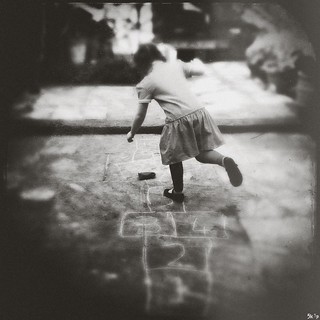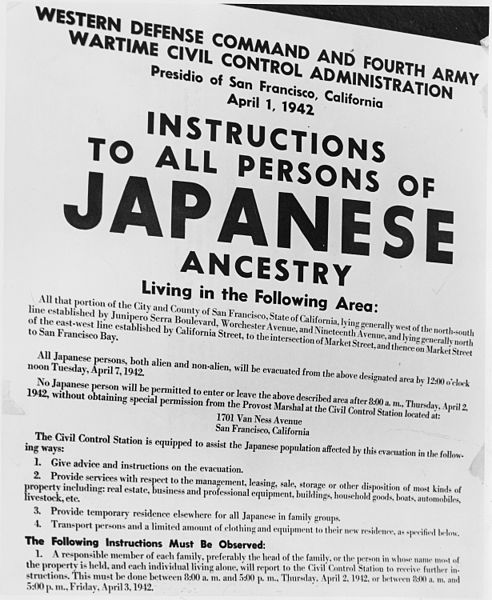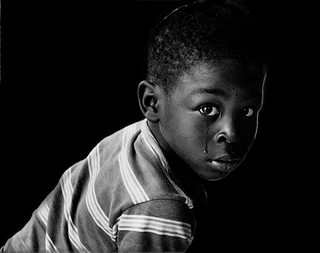Lesson Plan: Rhyme and Rhythm in Poetry

I’ve started a recent unit on poetry with my class. I’m not a poet, and I’m not a poetry fan (I don’t hate it, but I’m a prose gal), so this makes it harder for me to teach than many other parts of the curriculum. One resource that’s been invaluable is Poets.org, which, I got from the redoubtable Larry Ferlazzo. Some resources I found are worth sharing so I thought I’d do that. The lesson doesn’t go in the narrative order that I came up with it, but there you have it.
Small Thing Big Idea: How Jump Rope Got Its Rhythm
This popped up in my Facebook feed, which I guess is an argument in favor of the algorithm, because I wouldn’t have found it otherwise. It’s about the culture of jumprope/handclap rhymes, and their influence on rap music, etc. I wanted them to appreciate the rhymes they already know, and also it emphasizes beat, etc. My only beef is that it’s a Facebook video, which is really problematic to show in school, etc. I had to hook up my phone to the projector. Not everyone has the tech chops to do that.
We then watched the video for Double Dutch Bus, to show an early rap song with clear influences from playground rhymes.
Maya Angelou – Harlem Hopscotch | Genius
Next up, we looked at this phenomenal dance video based on Maya Angelou’s “Harlem Hopscotch”. Once again, it’s a poem/lyric based on playground rhyme.
Gwendolyn Brooks – Poet | Academy of American Poets
Finally we went to Gwendolyn Brooks, “We Real Cool” which while not her best, or deepest, fits in well with the rest as a short example of rhythm and rhyme. We talked about syllables/beats, etc.
There are loads of other resources available Poets.org, which I’ll be using as the unit progresses.
=============
Photo Credit: “Hopscotch” by Skip on Flickr
 It’s winter time. It’s cold — okay, not for anyone outside California and Florida, but still — I’m wearing hats in the morning. Lovely knitted hats that I’ve made. This results in a lot of “bad hair days”. I keep a comb, but my follicles, they want to be free! The other day it came in handy…
It’s winter time. It’s cold — okay, not for anyone outside California and Florida, but still — I’m wearing hats in the morning. Lovely knitted hats that I’ve made. This results in a lot of “bad hair days”. I keep a comb, but my follicles, they want to be free! The other day it came in handy…







Recent Comments